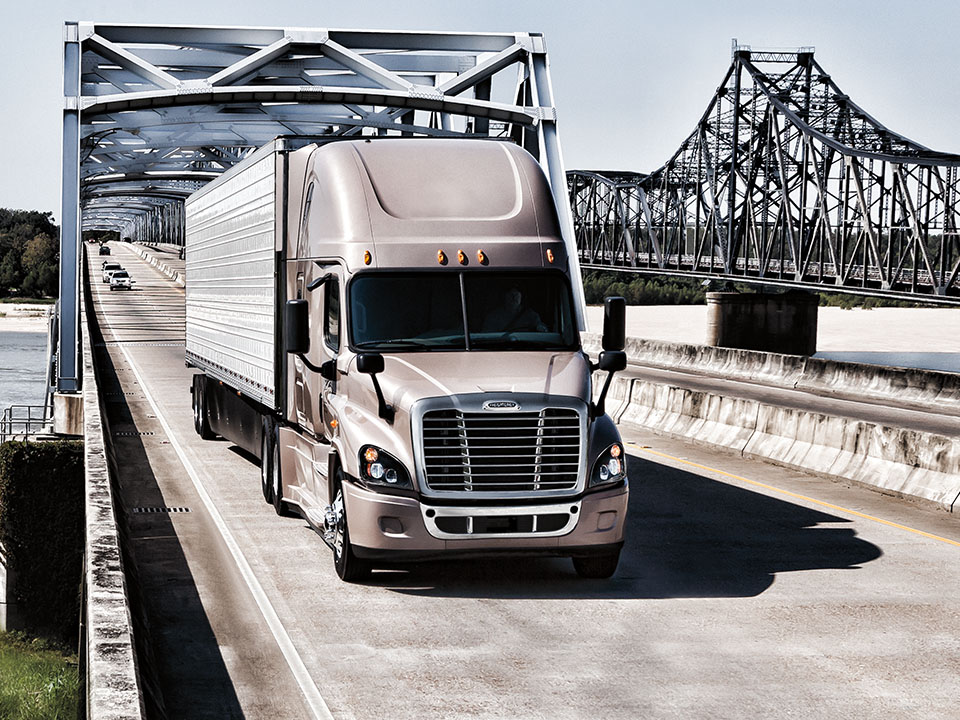The hacking that the industry is concerned with right now is not the kind that hacks into your network, but the kind that results in hacking coughs. Instead of a cyber virus, we have a real virus to contend with.
It sometimes seems as though there is always something waiting around the corner to challenge success and growth in our industry. Some challenges can be dealt with and managed strategically; challenges like the driver and technician shortage, the rise of uber-like competitors, new government regulations, and new technology that compels fleets to spend more just to stay competitive.
A company can use better search engines and develop more compelling job packages to help find qualified talent. Uber-ish competitors can be dealt with by offering superior customer service and explaining to customers why that is important. Government regulations are always with us and we always find a way to comply. And new technology, which may be expensive up front, will often in the long run enable fleets to save money.
What about the challenges you have no control over?
Then there are the challenges that pop up; those over which you may have limited control. We can’t control the weather; we’ve all faced the nightmare of truck breakdowns during a snowstorm or flooded roads from flash floods that delay deliveries. Fleets with good management make preparations for these kind of natural disasters that will mitigate the impact.
But now, the industry faces something much more difficult to plan around…the coronavirus. This bug has now infected (as far as we know) more than 17,000 people and growing. Worse, it is moving globally though at this point, thankfully, the cases are few outside of China. That has forced China to impose a quarantine on Wuhan, a city of 11 million! Up to this point, the effects were limited. That was due to Chinese New Year, when most businesses are shut down for the holiday.
The last time we faced a similar situation with China was in 2002 with the SARS virus. At that point in time, there were limits on the amount of goods China was producing for export. So the impact then, though important, was not devastating. The global economic loss at that time was estimated to be about $40 billion. That was a time when China’s economic output was $1.7 trillion, according to the World Bank. Today, that number is an astounding $14 trillion. China’s share of global trade was 12.8 percent just last year.
What is most troubling is the number of US companies that either manufacture products in China, need component parts from China to manufacture goods domestically, or simply buy completed goods from China: from Apple to Walmart; from car manufacturers to Ralph Lauren; from Qualcomm to Revlon and so much more.
Supply chain challenges: how bad…how long?
A recent article in Freight Waves points out how much of a challenge we are talking about. Last month, roughly 40% of shipments entering the U.S. were imported from China and all of these goods use rail or truck transport. There is a normal drop off at this time of year anyway due to the Chinese New Year so the industry has experience dealing with that, but the longer the spread of the disease continues and the greater the quarantine, the more difficult position fleets will find themselves in.
Over the past year, there have been estimates as to whether the economy would have a significant correction, even a recession. For many economists, the concern about a recession has declined; others still expect truck orders and GDP to drop and diesel prices to rise. Whatever happens, a development like the coronavirus can throw a monkey wrench into a company’s plans.
At this point in time, it is the air and ship cargo industries that are the most affected. Hopefully, the cases of coronavirus will subside and the impact on our industry will not be so great. If it continues to spread, however, most supply chains will be affected…and since trucking is an essential part of the supply chain, it is incumbent upon fleet managers, shippers, and customers to work closely together to develop alternative scenarios.
The best solution for some companies may be outsourcing those transport needs. NationaLease is always there to help.





